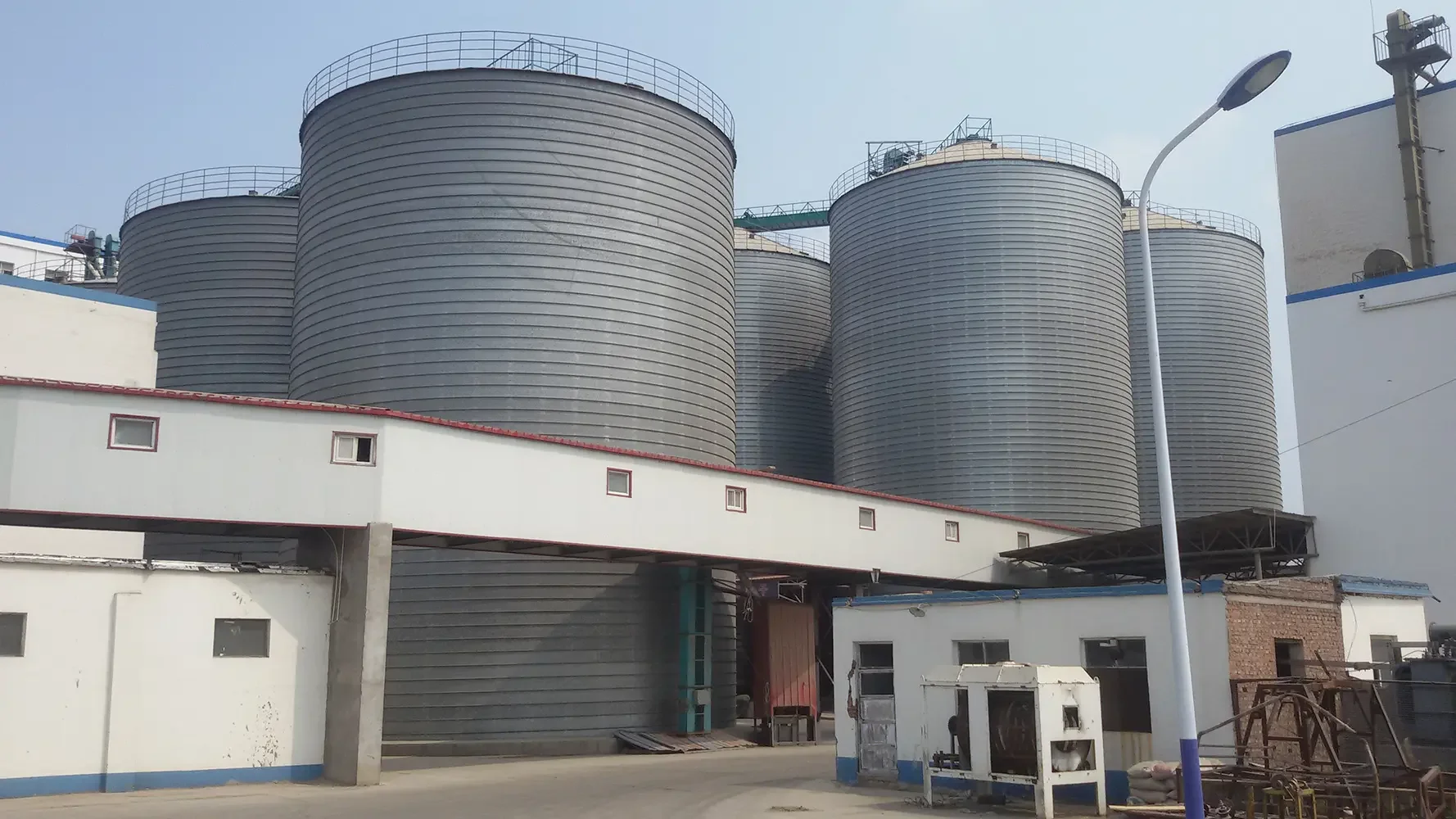Construction is a complex and dynamic industry that relies on a wide range of materials to bring architectural visions to life. From towering skyscrapers to humble residential buildings, the selection of appropriate materials is crucial for ensuring structural integrity, durability, and aesthetic appeal. In this article, we will delve into the world of construction materials, exploring the basic components that form the foundation of every construction project.
- Concrete:
Concrete is the backbone of modern construction. Composed of cement, aggregates (such as sand and gravel), and water, it offers exceptional strength and versatility. Its ability to be molded into various shapes and sizes makes it ideal for foundations, walls, and floors. Additionally, the use of additives and admixtures can enhance its properties, such as increasing its resistance to extreme temperatures or improving its workability. - Steel:
Steel is renowned for its exceptional strength-to-weight ratio, making it a vital material in construction. Its versatility allows for the creation of structural frameworks, reinforcing bars, and even decorative elements. Steel's durability and resistance to corrosion make it a preferred choice for high-rise buildings, bridges, and other structures that require long-term stability. - Wood:
Wood has been a fundamental construction material for centuries, offering a natural and renewable resource. Its strength, thermal insulation properties, and aesthetic appeal make it suitable for a wide range of applications. From traditional timber framing to modern engineered wood products, such as cross-laminated timber (CLT), wood continues to be a sustainable and versatile choice in construction. - Brick and Masonry:
Brick and masonry have stood the test of time as reliable construction materials. Bricks, made from clay or concrete, provide excellent thermal insulation and fire resistance. Masonry, the art of building structures using individual units bound together with mortar, offers durability and architectural charm. From load-bearing walls to decorative facades, brick and masonry remain integral to construction projects. - Glass:
Glass has evolved from being a mere window material to a versatile construction element. Its transparency allows for natural light penetration, creating visually appealing and energy-efficient spaces. With advancements in technology, glass can now be engineered to possess enhanced strength, sound insulation, and even self-cleaning properties. From curtain walls to skylights, glass adds a touch of modernity and elegance to architectural designs. - Asphalt:
Asphalt, a mixture of aggregates and bitumen, is primarily used for road construction. Its ability to withstand heavy traffic loads, resist water penetration, and provide a smooth driving surface makes it an essential material in transportation infrastructure. Additionally, asphalt's flexibility allows for easy maintenance and repair, ensuring the longevity of roads and pavements.
Conclusion:
Construction materials form the building blocks of our modern world. From the solid foundations of concrete to the soaring structures of steel, each material plays a vital role in shaping our built environment. By understanding the characteristics and applications of these basic materials, architects, engineers, and construction professionals can make informed decisions to create safe, sustainable, and visually stunning structures.


More Stories
Multi Linear Slot Diffuser Solutions for Contemporary HVAC Design
The Versatility of Fiberglass Woven Cloth in Industrial Applications
Water Based Car Spray Booth Solutions for Automotive Paint Systems